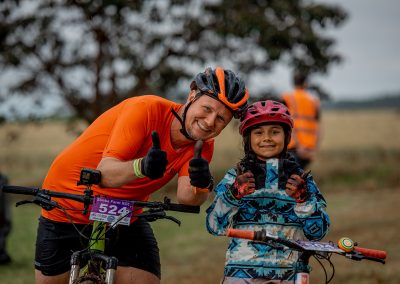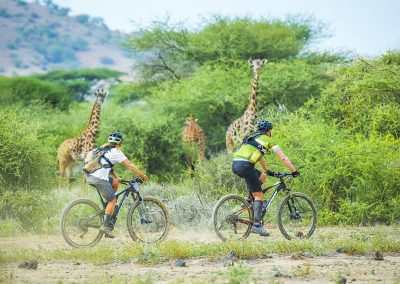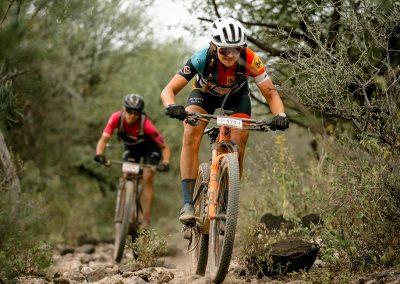Mountain bikers eradicate poverty in Tanzania one race at a time.
By Derek Herscovici ’14
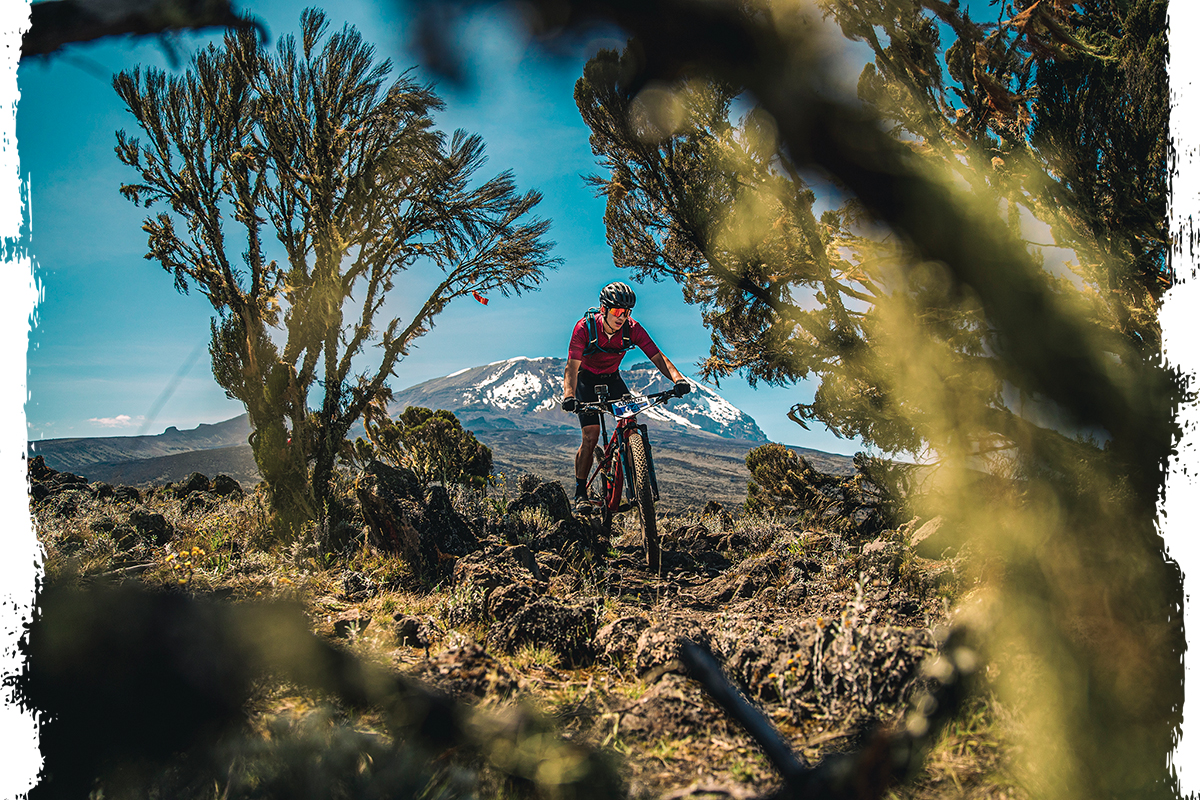
It was late when the riders arrive to camp and dismounted. They were somewhere near the middle of the Grumeti Fund K2N, traveling by bicycle from high on Mount Kilimanjaro through the rugged backcountry of northern Tanzania to the shores of Lake Natron. Tomorrow they would begin the next leg of the 165-mile of the race. But tonight, in addition to the typical aches and strains associated with endurance mountain biking, the riders had the prospect of cheetahs, hyenas and scorpions to keep them up. They rode for competition and glory but, most importantly, to generate support for the agricultural efforts of rural Tanzanian farmers.
This intersection of extreme sports and philanthropy is the work of Red Knot Racing Company and its owner-director Brett Harrison, a master’s candidate in agronomy and soils at Auburn University.
“We founded Red Knot Racing Company to make the world a better place, and we stand by that commitment,” said Harrison by email. “We firmly believe the solutions to the world’s problems lie in sacrificing ourselves in order to improve life for others. Alleviating suffering and poverty in Tanzania is why we exist, and we’re serious about it.”
“We firmly believe the solutions to the world’s problems lie in sacrificing ourselves in order to improve life for others.”
Forming the Red Knot aegis are three companies: Red Knot Racing Company, an Alabama-registered LLC that helps organize endurance races in Tanzania and Africa. Red Knot Tanzania is its local company and sponsored cycling team. But Red Knot Development, newly registered as a 501(c)(3) in 2022, is its most ambitious organization.
Since 2009, Harrison and his wife Christie have lived in rural Tanzania to work with churches in leadership development, agriculture, sanitation and hygiene to improve life for rural inhabitants. They committed to eight years upfront to ensure the project’s success, but 14 years and three kids later, they have no plans to leave.
“I remember at the 8 year mark realizing we were so effective in our work here that it just wouldn’t make sense for us to move back to the US, if it was possible, and we were willing to stay longer,” said Harrison. “Our children were thriving, our work was rewarding, and our donors were still behind us.”
Now living in the city of Arusha, Harrison is using social enterprises like Red Knot to scale their development work. And that work is especially vital now. Most Tanzanians living in rural villages are subsistence farmers, and Harrison has noted many struggle each year to feed their families. Compounding existing hardships are modern issues of climate change and growing populations.
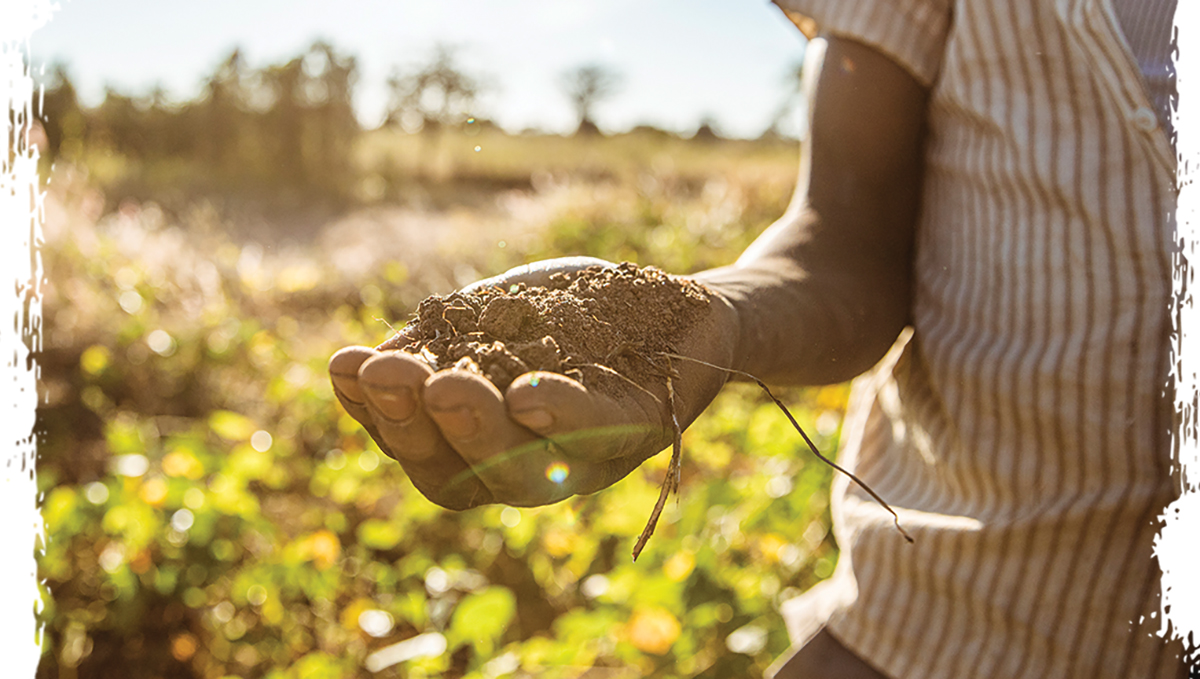
Red Knot has impacted thousands of farmers, providing advanced training to hundreds of extension agents in agricultural science and adult education. But it’s hard to raise funds when you’re working in the field, Harrison conceded to Wes Gunn ’99 during a 2011 trip to an Auburn football game. If he could fund his agricultural philanthropy with a social enterprise—like endurance cycling, a hobby of his—it could make the whole endeavor more sustainable. If Harrison started such an organization, Gunn said, he would be the stateside partner. Red Knot Racing was launched a year later.
Gunn was active in Africa beginning in 2002, focusing on healthcare and helping start a children’s village in Malawi. After two decades, one of the biggest lessons he’s learned is that people don’t want handouts—they want empowerment.
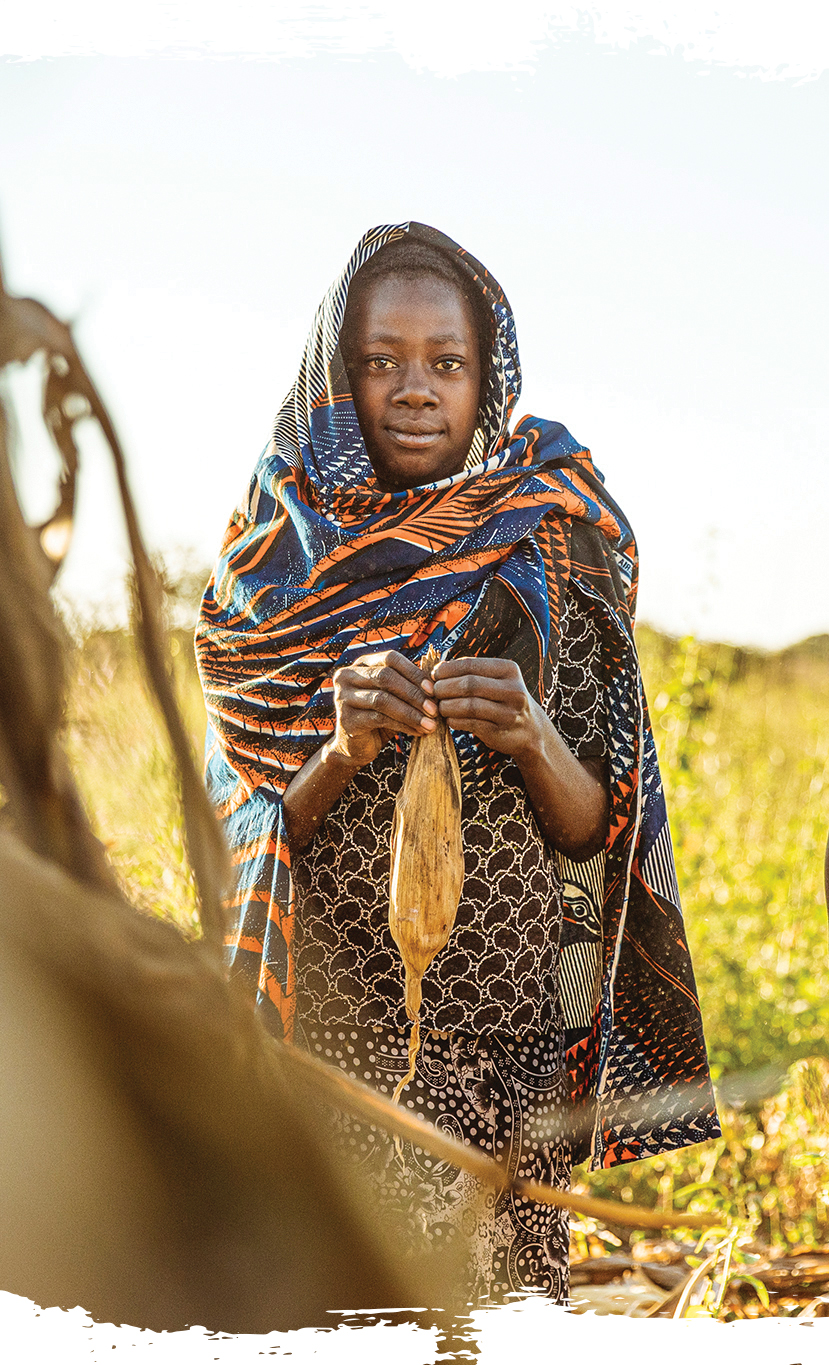
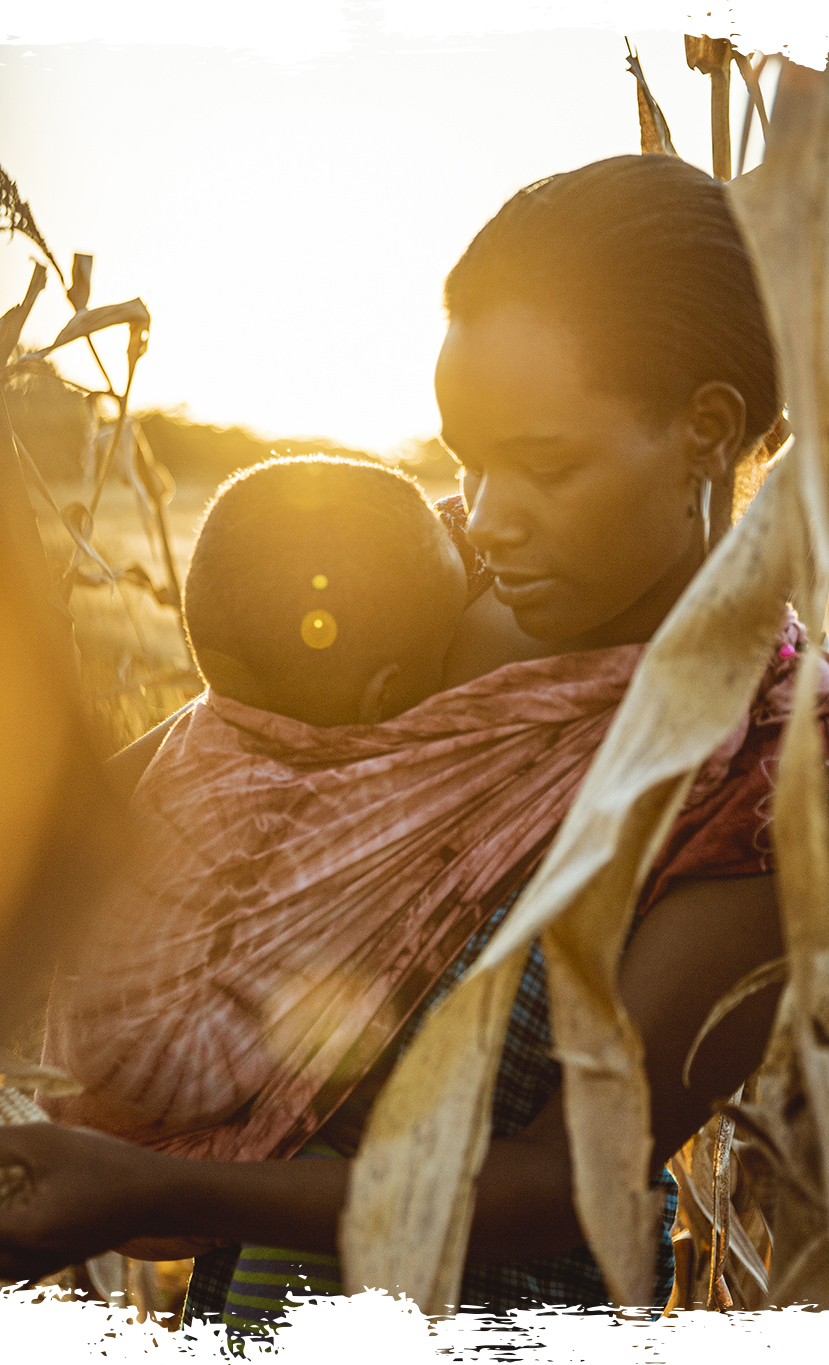
“When agriculture thrives, the health system is positively impacted, families have money to pay school fees, and the cycle of poverty is broken”
Harrison is no amateur. He completed his first marathon during university, his first Ironman triathlon before turning 30 and recently was part of the first group to summit Tanzania’s Mount Meru by bike.
“I’ve always liked to push myself a little further than I think I can go. As a kid running for exercise, I would run as far as I could possibly go. And then, once I didn’t feel I could run further, I would make myself run home. Because I had to.”
Running a race is different from organizing one, especially when it’s through the Tanzanian wilderness.
The Kilimanjaro Trail Run, Red Knot’s weekend of half, full- and ultra-marathon distances requires three full “bush camps” in locations that lacked water, electricity, healthcare and good roads. You try to keep athletes and staff safe and comfortable, or something that resembles comfort, says Harrison. “A 46-mile run, with 10,000 feet of climbing, is not going to be comfortable.”
The team consisted of Ricardo Laizer, a former professional cyclist for teams in South Africa and Europe, and the young, promising Calvin Mmbando, a rising star in the Tanzanian cycling scene. As teammates, the two won the 2022 Grumeti Fund K2N, even earning the attention and sponsorship of digital cycling app TOTEEMI, but Wines2Whales proved more challenging.
Traveling outside Tanzania for the first time, it took Mmbando a few days to find his legs, but by day three, they were racing to their potential. On that third stage, the team finished 25th out of 600 teams, with the elite pro field making up 19 of those finishing ahead of them. Along the way Mmbando saw the Atlantic for the first time, they visited the Bike Museum at Trail’s End Bike Hotel and ate dinner in Onrus, South Africa with their videographer’s family.
Next year, Red Knot will organize group travel to South Africa for W2W, with all profits going to support Red Knot Tanzania. It’s also starting a youth development program that uses sports for character-building and goodwill.
As its races attract more attention and drive more support, Red Knot Racing can become an even greater resource to the country and its people.
“Tanzania has some of the most amazing scenery and wildlife Africa has to offer,” says Gunn. “By providing a world-class event in this beautiful country, we can share its beauty and empower its people.”
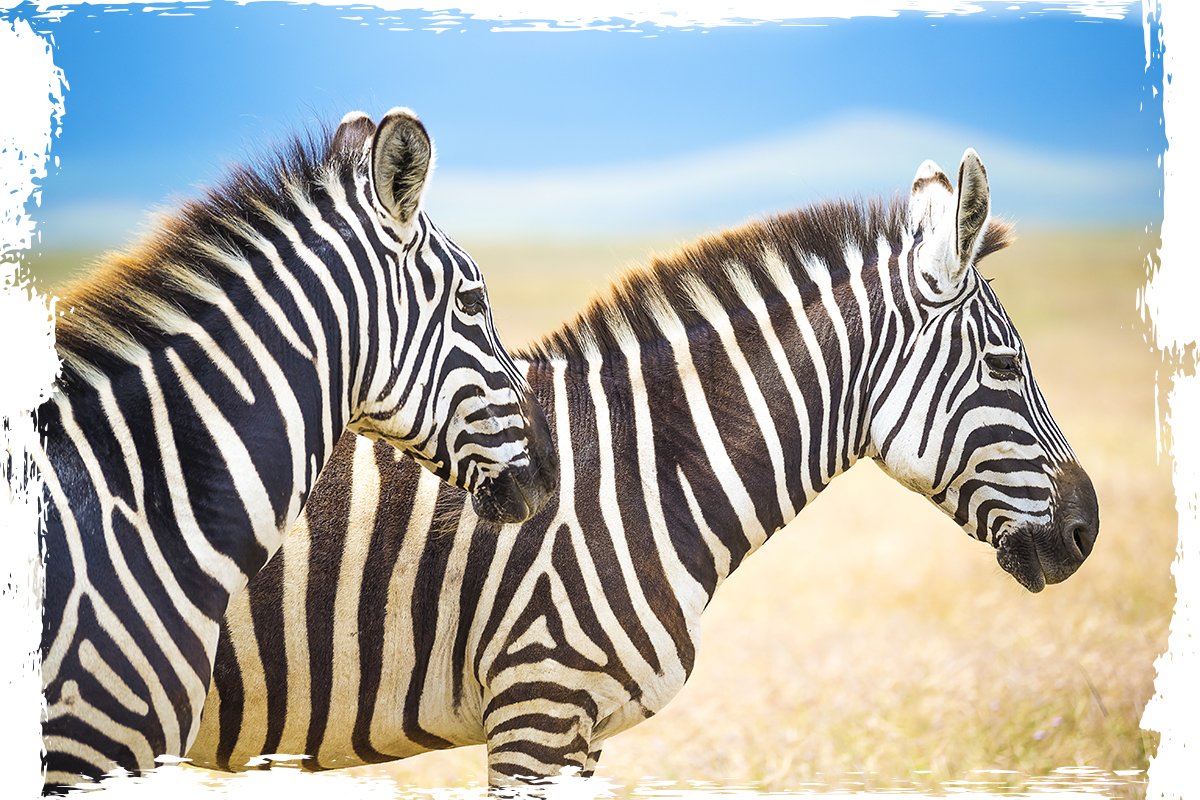
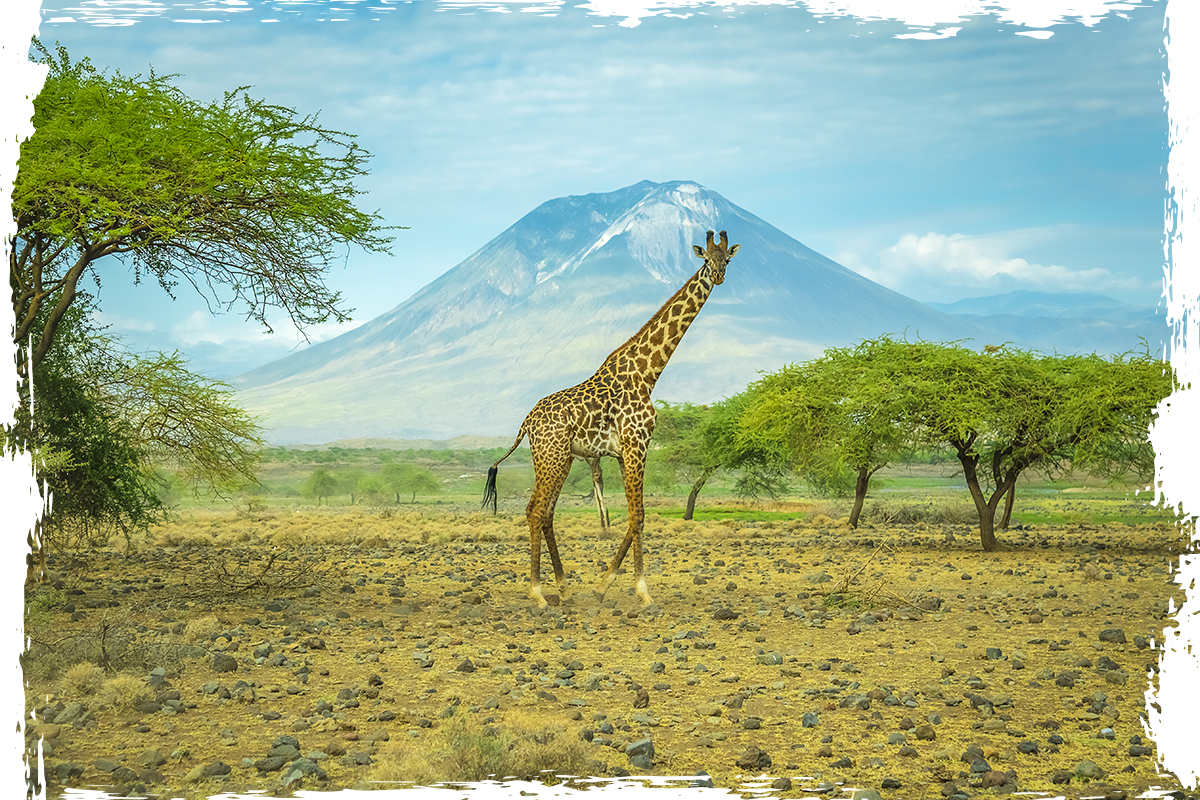
Charting Her Course
From Auburn’s campus to the world’s most advanced warships, Emily Curran ’10 has never forgotten where she found her footing.
Building a Brand, Cultivating a Community
A fashion emergency and a social media surge helped Kayla Jones ’18 launch her brand Women With Ballz.
“Girl Math” and Consumer Conscience
Swagata Chakraborty ’21 studies how the way we feel impacts the things we buy.
Charting Her Course
From Auburn’s campus to the world’s most advanced warships, Emily Curran ’10 has never forgotten where she found her footing.
Building a Brand, Cultivating a Community
A fashion emergency and a social media surge helped Kayla Jones ’18 launch her brand Women With Ballz.
“Girl Math” and Consumer Conscience
Swagata Chakraborty ’21 studies how the way we feel impacts the things we buy.
